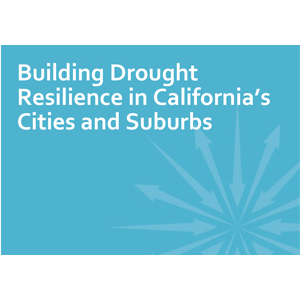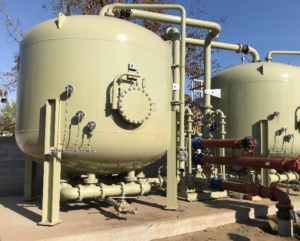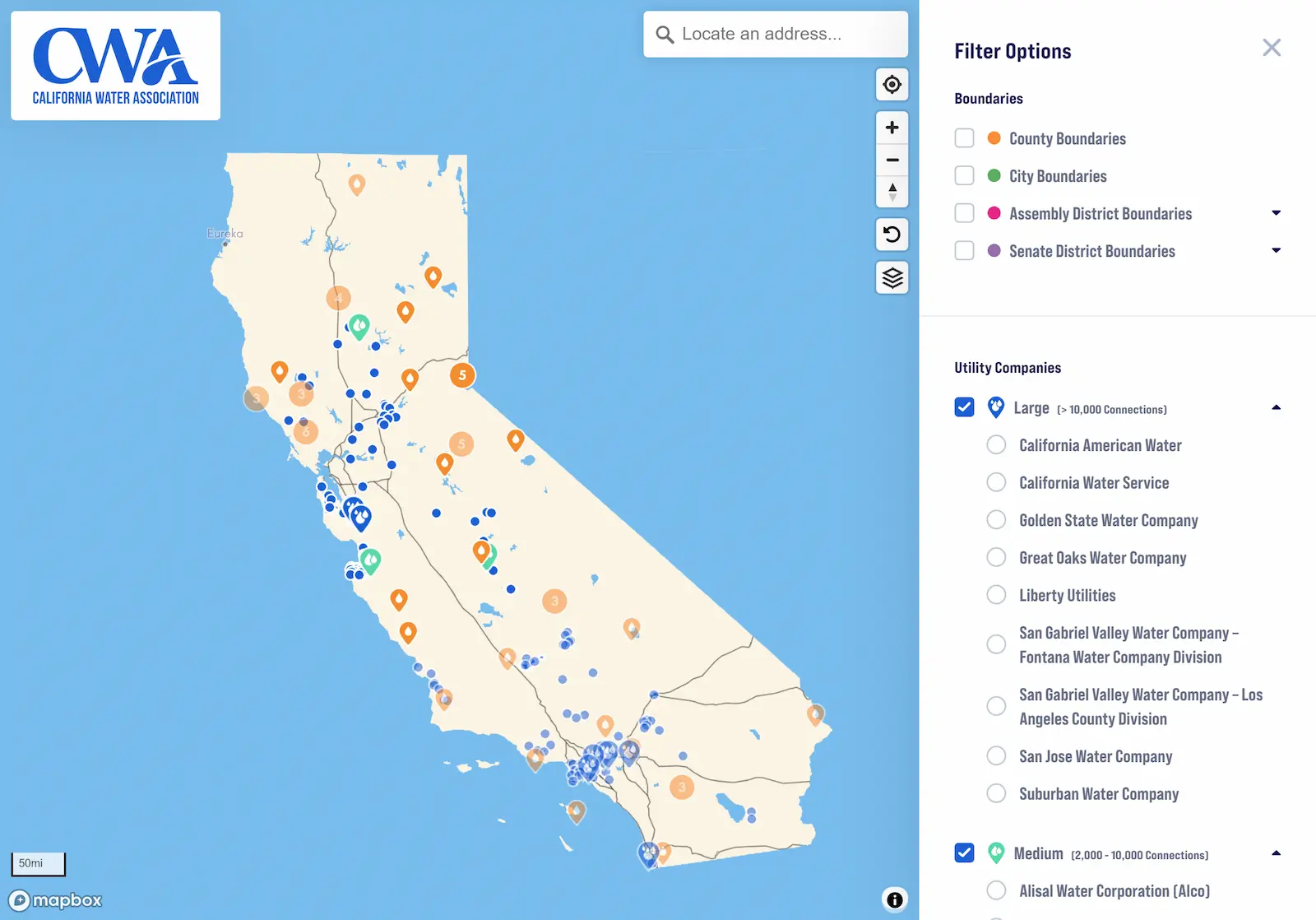On June 13, the California Senate and Assembly passed the main budget bill, which includes $214.8 billion in spending for FY 2019-2020. Associated trailer bills were approved by both houses on June 17, and more are expected in the coming weeks. The final budget includes an additional $19 billion set-aside in the state’s “rainy day” reserves. In a compromise with the Legislature, the budget does not include the “water tax” that was proposed in January. Instead, the budget commits $100 million of cap-and-trade funds and $30 million from the General Fund in the next year and additional funding through 2030 to provide safe, affordable drinking water to California communities. An additional $3.4 million from the General Fund will cover the administrative costs for the State Water Board.
Also in June, the four bills sponsored by the California Water Association (CWA) moved forward. SB 668 (Rubio), which will (1) update an existing statute to require water systems with more than 5,000 service connections to develop disaster preparedness plans and (2) ensure that public water systems in fire-prone areas have disaster preparedness plans that are sufficient to address all possible disaster scenarios, was heard on the Senate Floor on May 26 and passed 38-0 on consent. The bill was heard in the Assembly Governmental Organization Committee on June 26 and passed 19-0 with 2 votes not recorded. It will next be heard by the Assembly Appropriations Committee.
AB 1432 (Dahle), which would authorize a public water supplier to declare a water shortage emergency condition without holding a public hearing in the event of a wildfire (joining other disasters with such an exemption such as dam breaches or pump or pipeline failures) passed the Assembly in April and was heard on the Senate Floor on June 17 where it passed 40-0. Governor Newsom signed the bill into law on June 26.
Two other bills involving California Public Utilities Commission (CPUC) processes have passed the Assembly and are working their way through the Senate. AB 1751 (Chiu) would expedite CPUC approval of consolidations by giving priority to proposed consolidations involving systems in disadvantaged communities or troubled municipal systems with less than 2,000 service connections. On June 18, the Senate Energy, Utilities and Communications (EU&C) Committee heard AB 1751 and passed it unanimously. It will next be heard by the Senate Environmental Quality Committee on July 3. Another bill, AB 1072 (Patterson), would correct existing deficient statutory language involving CPUC audits of regulated utilities and provide for audits or reviews, as appropriate, for utilities with fewer than 10,000 customers. The bill passed the Assembly unanimously on May 28 and will next be heard by the Senate EU&C Committee on July 2.





